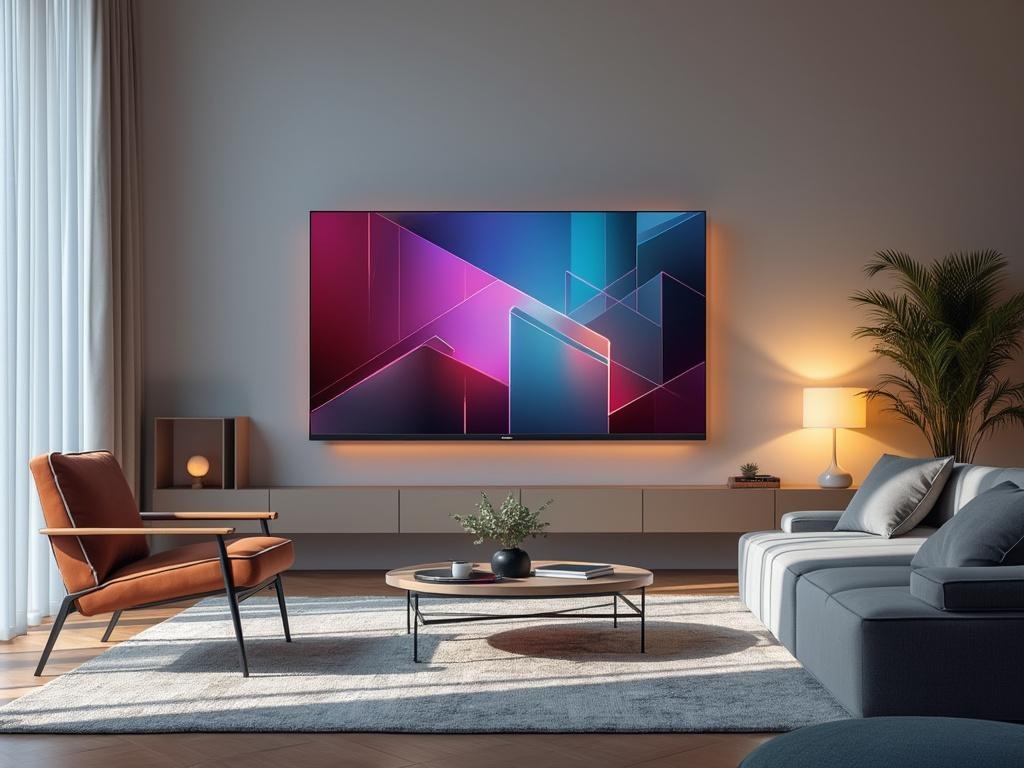
KDE's Plasma Bigscreen Emerges as Open-Source Challenger to Android TV
KDE's Plasma Bigscreen project has been revived after a four-year hiatus, positioning itself as a privacy-focused Linux alternative to Android TV. Led by Plasma Mobile developer Aditya Mehra, the renewed initiative features a redesigned interface, enhanced navigation, and continued support for Raspberry Pi devices.
The resurrection of this open-source smart TV platform represents a significant push against proprietary systems in the home entertainment space, where privacy concerns around data collection have become increasingly prominent. For more details about the project's development, visit the official Plasma Bigscreen website.
A Fresh Start for Smart TV Innovation
The revamped Plasma Bigscreen introduces several key improvements that address long-standing user demands. The comprehensive UI overhaul provides streamlined navigation optimized for remote controls, while a new KRunner implementation enables more efficient search capabilities. These enhancements build upon KDE's established ecosystem while maintaining the project's commitment to user privacy.
"The improved interface and performance optimizations make Plasma Bigscreen a compelling option for users seeking greater control over their smart TV experience," notes Mehra, who has taken temporary stewardship of the project.
Technical Advances and Community Impact
The platform's technical architecture has seen significant updates:
- Enhanced shell design for improved usability
- Better integration with KDE's broader ecosystem
- Optimized performance for ARM-based devices
- Continued support for voice control through Mycroft AI
- Simplified app sideloading capabilities
The development team has maintained the project's original focus on openness while addressing hardware compatibility challenges, particularly for popular TV box configurations.
Future Prospects and Market Potential
While Plasma Bigscreen faces substantial competition from established platforms, its revival comes at a crucial time in the smart TV market's evolution. Industry analysts project significant growth in this sector, creating opportunities for alternative platforms that prioritize privacy and customization.
The platform's success will largely depend on continued community support and potential partnerships with hardware manufacturers. Users can currently test the platform through KDE's Neon distribution or dedicated Raspberry Pi images.
Additional considerations for users include:
- Enhanced Privacy Controls: Detailed settings for managing data collection
- Customization Options: Extensive theming and layout possibilities
- Developer Support: Robust documentation and community resources
- Hardware Flexibility: Support for various devices beyond Raspberry Pi
- Regular Updates: Commitment to security and feature improvements
